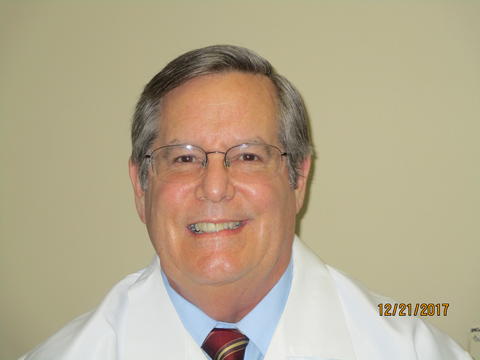Rockledge Regional Earns Cancer Accreditation, Continues 30 Year Span

The American College of Surgeons, Commission on Cancer (CoC) has again conferred national accreditation on Rockledge Regional Medical Center as a Comprehensive Community Cancer Program. The hospital has maintained this designation during the past 30 years.
Announced in January 2018, this latest accreditation recognizes Rockledge Regional as a healthcare facility that meets the rigorous quality standards of the CoC from diagnosis to treatment and follow-up, through end of life.
The CoC is an accrediting consortium aimed at improving survival rates and quality of life for cancer patients. The American College of Surgeons established the commission in 1922.
Susan Ohlin, certified tumor registrar and CoC cancer program administrator at Rockledge Regional, noted that the program also received a commendation in nursing that indicates an exceptional level of excellence. “This is significant. Maintaining this accreditation for such a long period shows that we have an extraordinary team here,” said Ohlin, who has served in her role at Rockledge Regional for five years, with 23 years in cancer registry management before joining the Rockledge team. “The CoC accreditation has become increasingly rigorous as new cancer treatment guidelines and quality measures are put into place, so the fact that we continue to hit the mark is a great success for our program. I couldn’t be more pleased.”
Rockledge Regional has the only such comprehensive cancer program in an area stretching from Daytona to Vero Beach.
“This accreditation is important because it designates us as a top-rated center for treatment of patients with cancer,” said James Giebink, MD, a radiation oncologist and general radiologist who has served as the Cancer Committee and Tumor Board chairman for the past 20 years. “That’s reassuring to our patients, and it also attracts new specialists and hospital staff. It helps ensure that we run the best program possible.”
As part of the accreditation process, Giebink and the committee meet quarterly to devise strategic, comprehensive improvements in patient care and treatment. “These are multispecialty meetings,” said Giebink, who has practiced 35 years in his field. “Under the CoC cancer program standards, it’s required that the quarterly Cancer Committee meetings have a diverse group of medical professionals in attendance. We have to get as much input as we can from all medical professional experts who care for our cancer patients.”
Attending the Cancer Committee meetings are surgeons, medical oncologists, radiation oncologists, pathologists, radiologists, pharmacists, nurses, case managers, social workers and a certified tumor registrar.
Every three years, the CoC surveys the cancer program and its services based on National Comprehensive Cancer Network guidelines. The organization grants the accreditation status once it’s satisfied the healthcare facility under examination meets the highest standards of quality care and has addressed any areas targeted for improvement.
The hospital received its first accreditation from the CoC in 1989 and has maintained it ever since.
